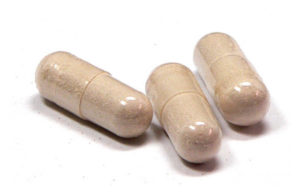Supplements
Tribulus Terrestris
Tribulus terrestris is a fruit-producing Mediterranean plant that’s covered with spines. It is also called puncture vine.
People use the fruit, leaf, or root of the tribulus plant as medicine. Some formulations also include other ingredients.
Why do people take tribulus?
Over the years, people have taken tribulus in an attempt to enhance athletic performance, body building, and for a wide range of health issues that may include heart and circulatory conditions and sexual issues.
and for a wide range of health issues that may include heart and circulatory conditions and sexual issues.
But does it work? Limited studies show it might be helpful in lessening symptoms of angina and in enhancing athletic performance. There have also been some studies that show some benefit to people with certain sexual problems and to those suffering from infertility.
Evidence is lacking that shows benefits of tribulus for other health conditions.
With a lack of research to draw on, it’s not clear what a safe dosage is. Also, quality and active ingredients in supplements may vary widely from maker to maker. This makes it difficult to set a standard dose.
Can you get tribulus naturally from foods?
Yes. The spine-covered fruit should be eaten with caution.
What are the risks of taking tribulus?
Side effects. Taking tribulus as a supplement for a short time is probably safe, provided that you’re healthy and you are not pregnant or breastfeeding. Side effects can include trouble sleeping and irregular periods.
Risks. Lab tests on animals link tribulus to problems in fetal development. So stay away from tribulus if you are pregnant or breastfeeding.
Also, men should be aware that there are some concerns about possible links between tribulus and prostate problems.
Interactions. There don’t appear to be any interactions between tribulus and foods or other herbs and supplements.
But tribulus has been known to interact with certain medications. Do not take if you are taking heart and blood pressure medicines. such as:
- Beta-blockers
- Digoxin
- Calcium channel blockers
- Diuretics
- ACE inhibitors
- Nitrates
The U.S. Food and Drug Administration (FDA) does regulate dietary supplements; however, it treats them like foods rather than medications. Unlike drug manufacturers, the makers of supplements don’t have to show their products are safe or effective before selling them on the market

